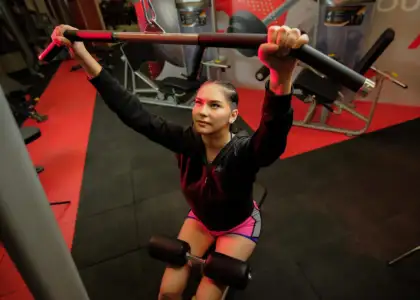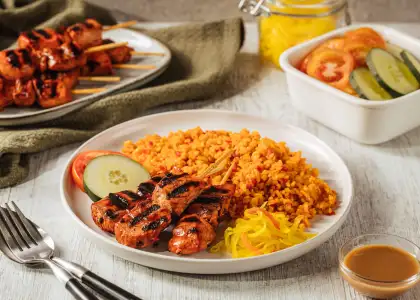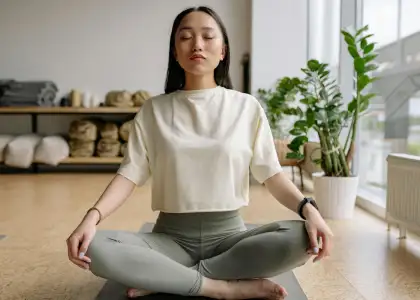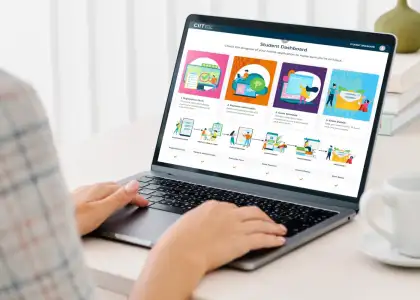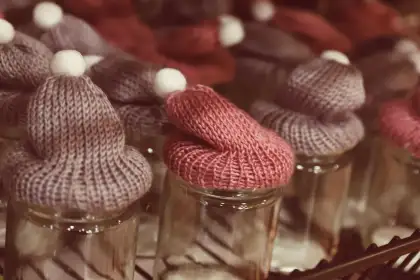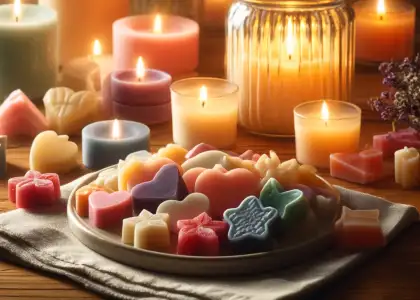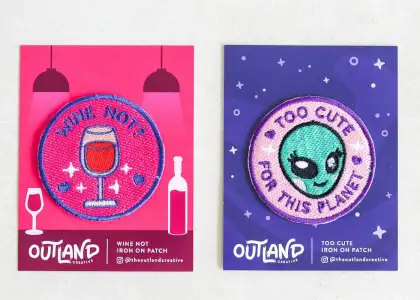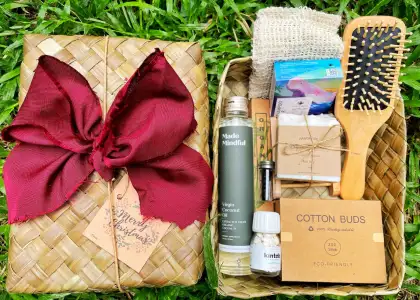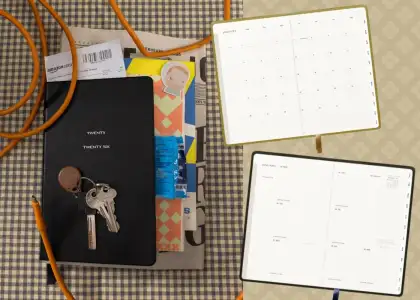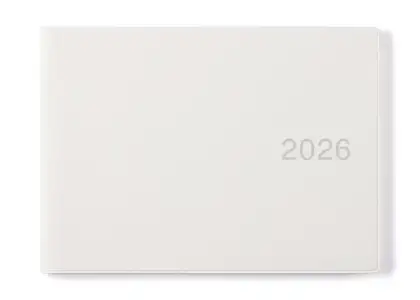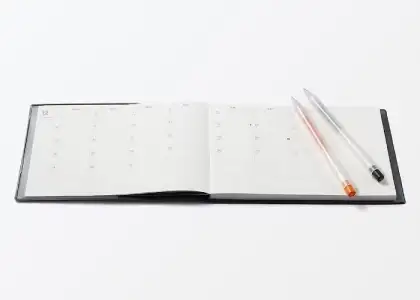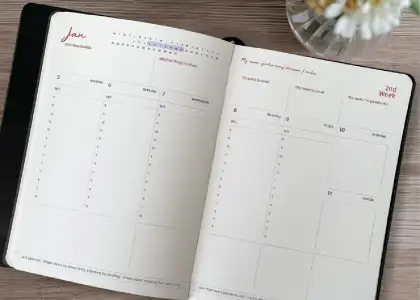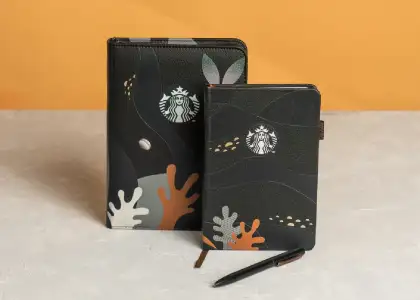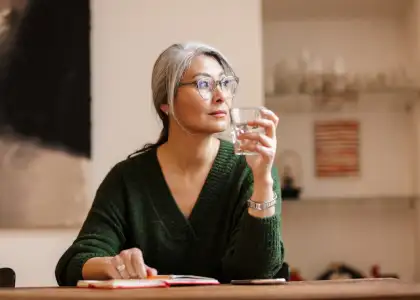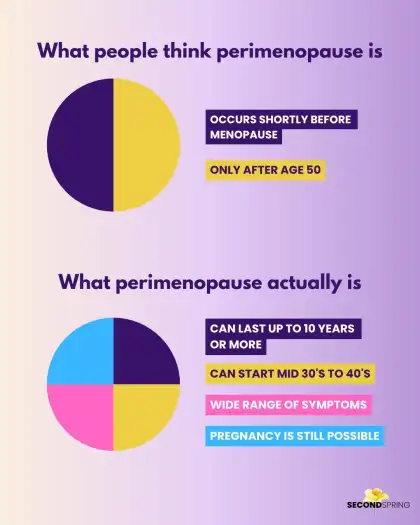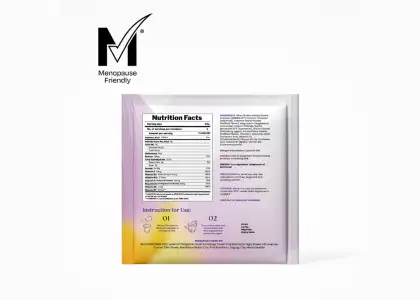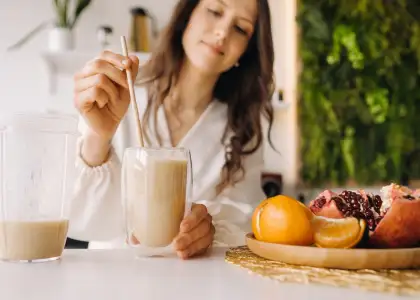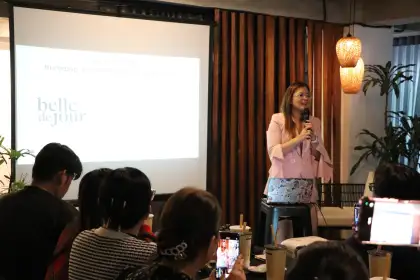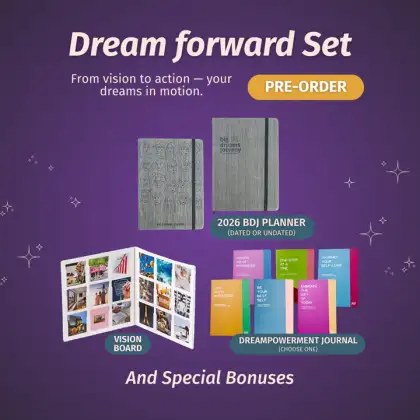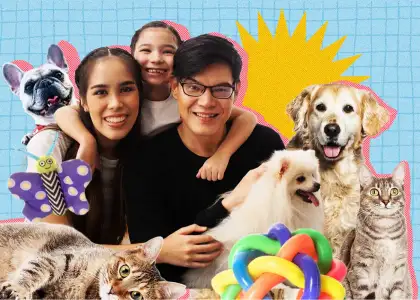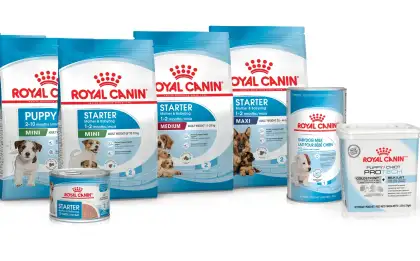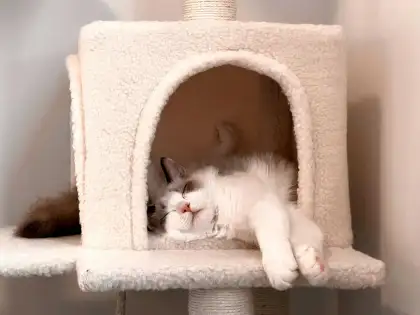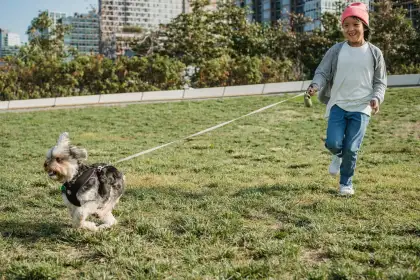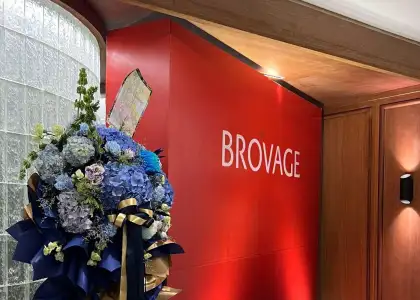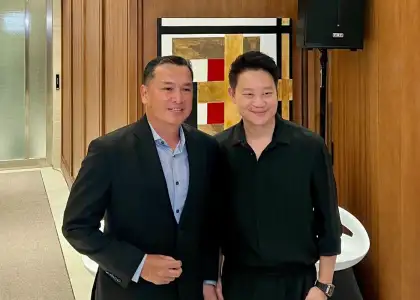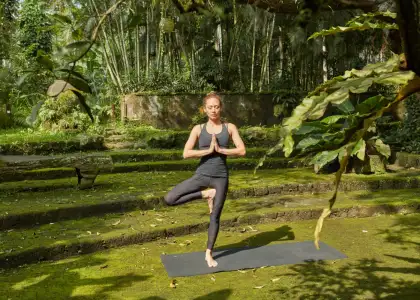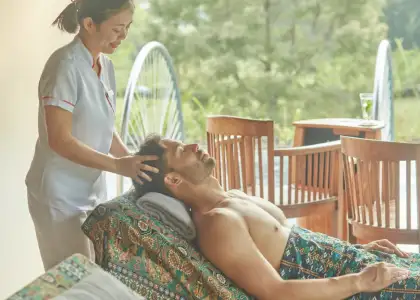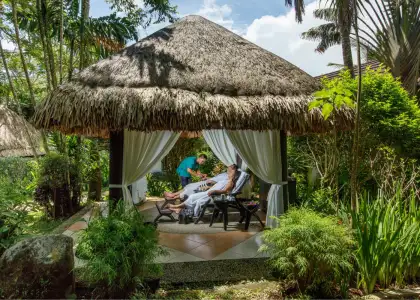Adding More Fun to Meals: Jo Sebastian on Disrupting Diet Culture
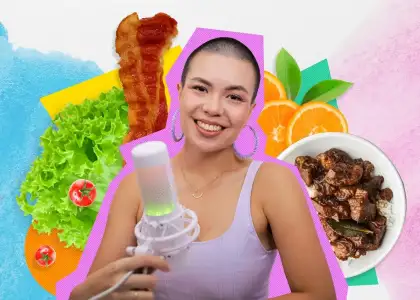
"You always deserve to eat." This was one of the things we learned after watching Jo Sebastian's reels on TikTok and Instagram. When we hear the word "diet," our first thought is to cut off on food. To diet is to restrict, to subtract, to limit. But Jo tells us that diets should be all about adding instead.
Dieting can often lead to us feeling unsatiated. It could easily lead to eating disorders and build unhealthy eating habits that can affect not just our physical health but also our mental and emotional states.
Jo tells us that you don't have to restrict your "fun foods" to achieve your health goals and focus on adding nutrients instead for satiety. As a dietician and nutritionist, Jo shares her wellness journey online and educates her followers on how to have better relationships with food from giving tips on how to elevate your meals (including fast food meals!) to demonstrating how to read nutrition labels and review nutrition facts. From her videos, it's clear to see that to look good, one must also feel good. And you can't feel your best if you're constantly counting calories and restricting yourself from good food, right?
In our latest exclusive, the "Non-Diet Dietician" set the record straight about diet culture and shared with us her top advice on how to build healthy eating habits that leave long-lasting results.
Getting Away from the Dieting Cycle: A Process
Like many, Jo had felt lost and insecure about her body and the way she handled food. She told us that when she was younger, she loved to perform and did ballet lessons with the support of her mother. Having fallen in love with dancing, she enrolled in an arts high school to focus on ballet. As many know, ballet dancers are famously known for their svelte figures, which require dancers to maintain a strict diet alongside their grueling dance routines.
“That culture wasn't the best. I didn't have a really good relationship with my body. I had disordered eating, all of those things. That's why I decided to take up Nutrition for college because I was stumped. I was like: ‘Why do I feel this way? Why am I struggling with my weight? Why am I constantly yoyoing?’”
Wanting to know the answers to these questions, Jo took up a bachelor’s degree in Community Nutrition at the University of the Philippines (UP) Diliman in the hopes of finding the secret to eating whatever you wanted without gaining weight.
“But I learned so much more than just that!” she said. “While I did still struggle with my relationship with food for my whole college life, that's when I started to develop a better relationship with myself and realized that I wanted to be a dietitian so I could help others get away from that dieting cycle.”
Jo forayed into content creation back in her sophomore year of college, at a time when YouTube was having a lifestyle guru moment. She admitted that she hadn’t felt the most comfortable with her body at that time, but seeing those vloggers led her to an epiphany.
“I was seeing how they didn't seem the most confident, but they were willing to put themselves out there on camera and I was like, maybe if I did that, I would have a fake it 'til you make it moment of learning about myself.”
Jo started with lifestyle and beauty content in 2015 and posted videos like lookbooks and makeup tutorials. It was only after graduating college that her content shifted to what it is today, realizing that she could use the platform for the better: to spread awareness on health and nutrition.
Jo’s Diet Math: Adding Instead of Restricting
One of the things that make Jo’s content so fascinating is her belief that diets shouldn’t be about restricting oneself from food, but instead a chance to add more components into our meals.
“I’ve lived a long dieting history where everything was always [about] ‘what not to eat.’ And most of the time, when you're told what not to eat, you think about it more causing you more stress and anxiety around food. And then when you do eat those foods, you feel a lot of guilt, shame, and anxiety for choosing those foods.”
Jo took her cues from the Intuitive Eating Framework, which focuses on Gentle Nutrition. “Gentle nutrition talks about how we still want to focus on what our body needs, but we don't want to focus too much on what we're not supposed to eat. So that mindset shift from what you can't do to what you can do helps you build better habits.”
Jo explained how instead of constantly thinking about how drinking soda, for example, is bad for you, you should be thinking about how drinking water is good for hydration. This gives us a direction to work towards building a habit rather than constantly feeling stressed.
“So that works as well with food and movement where it's not ‘you have to work out, but oh, 'What if I add five minutes of movement in my day and that's it?’ Like not thinking about one hour of running but just five minutes, and slowly building yourself from there. Instead of punishing yourself, you focus on ways to take care of yourself and add value by adding nutrients, adding fun, and adding satiety.”
One thing to note about Jo’s non-diet advice is that it is not just for losing weight or maintaining a specific body shape but to enhance our overall health. The dietician emphasized that one should be aware of how certain diet habits affect our overall well-being.
“It’s really about making sure you were able to take care of yourself because most of the time when we think of health, it's so complicated, right? It feels [like a] scary journey, but something I always say is health or nutrition, and exercise or working out should enhance your life and not control your life. When you notice that it's starting to control your life, you have to reassess: 'Is this is actually healthy?' Because health should also promote your mental, social, and physical well-being. If it's not doing that anymore, then maybe it's not actually healthy habits that we're building or a healthy health journey anymore.”
As for what exactly is “healthy eating,” Jo told us how context matters as we all have unique nutritional needs.
“I guess if we're speaking from a general point of view, it's a balanced diet; one that contains a balance of your nutrients, a variety of food, and of course, you listening to your body and moderating the cues that your body sends. We still eat your carbs, your fats, your protein. We focus on your vegetables and your fruits, but we also understand that health looks different for everyone because of the context that you're in.”
The dietician mentioned how she had done talks for people who were too busy to prepare their meals or only had fast food readily available to them. Eating healthy can sometimes be associated with more organic products or more expensive choices, making it a challenge for most to pursue the version of “healthy” everyone should follow. Jo told us how food guides such as Pinggang Pinoy, Canada’s Food Guide, or Malaysia’s Healthy Plate, all come down to one thing and that is being able to fill our plates with a variety of components.
“They [food guides] show you there’s space for carbs, protein, and fiber or fruits and veggies on your plate. As much as possible, we just try to add balance whenever we can and as long as you're not feeling frustrated by your food choices, you're feeling energized, you're feeling satisfied, you're able to do the things that you want to, and you're not constantly thinking about food, that's what I would think is your healthy diet.”
Building Better Eating Habits
Beauty standards are one of the things that fuel many people’s obsession with losing weight and achieving their ideal body figures. Jo expressed how over the years, there was always an emphasis on how your body should look like, “Body shapes and sizes become a trend and everyone's constantly trying to catch that trend.”
She also explained how “weight stigma” is another belief that puts pressure on diet culture as it shaped people’s beliefs into thinking that somebody with a larger body is automatically unhealthy, which the dietician explained isn’t always true. While it may be a factor, people should know these are not the only metric to determine someone's health status.
There’s so much misinformation online that leads people to disordered eating habits as the first thing to try because of the pressures of diet culture. But Jo shared the first step we should be taking towards leading a healthier lifestyle:
“It always starts with first knowing where you're at and where you want to be and assessing what that looks like for you. Then we assess a goal, and I would like to think that it's not so much about how you're going to look, but how do you want to feel. Check that first, and then it's about finding what you are ready for, and how do we get there?”
Once you’ve determined your current state and assessed your health goals, Jo advised to also figure out how much we can focus on at the moment and take small steps — "one habit at a time” — towards our end goal.And speaking of end goals, Jo also reflected on her journey as a dietician content creator and told us about her personal goals for her platform.
“Right now, my goal is just to hopefully take one step into disrupting diet culture and dismantling those ideals and ideas that thinness is the only way to be healthy. That's essentially the overarching goal, and of course to also build my own business of being able to be a dietician and to provide my program, which focuses on building healthy relationships with food.”
As for her signature advice? Jo was quick to answer on the best way to start building healthy eating habits.
“Focus on being curious about your habits and what's going on with your body rather than judgmental. You eat an extra slice of cake and now you hate yourself and you're so angry about it, but when you focus on being curious, you're able to find more solutions. ‘Oh, maybe I ate the extra slice of cake because I didn't eat enough for dinner, so I needed more food.’ It compounds into you getting to know yourself and also being able to build better habits.”
Jo Sebastian Debunks Diet Myths
We asked Jo three of your most-asked diet questions and here’s what the dietician has to say.
1. Can you lose weight healthily without working out?
Yes, because to lose weight you have to create a calorie deficit and that would essentially mean you're eating a bit less than your body needs in a day. But working out is not just about weight loss. It's about building energy, building muscles, boosting your metabolism, and strengthening your heart and your immune system.
So, while you can lose weight without working out, you can't build muscle without working out. And movement also helps with your mobility and can help you maintain the weight that you've lost over time.
2. Are low-fat or fat-free products healthier choices?
It depends on your needs. So, let's say for somebody who has acid reflux and tends to get triggered by dairy, low fat can be beneficial for them because it won't trigger their acid reflux as much. In some instances where people who have health conditions require a lower fat diet then you would often recommend lower fat dairy products.
However, higher-fat dairy products or full-fat dairy products will contain fat-soluble vitamins, which makes you feel more satisfied. So, it's not necessarily that you have to go low fat, but you will have to look at your overall diet to see what type of dairy fits for you.
3. Is snacking a bad habit?
No, it's not a bad habit, but you have to look at your snacking patterns. So, I usually call this grazing versus snacking. Grazing is when you're picking food here and there, but not giving yourself a time to have an intentional snack. Grazing often happens if you're not eating enough throughout the day, if you're not feeling satisfied with your meals, if you're feeling bored. Whereas, having an intentional snack is picking something to eat, trying to find something satisfying and allowing yourself to have that.
If you find yourself grazing, there may be something else to address, but having an intentional snack can always be helpful in getting you through that afternoon slump, can be helpful in making you feel better, and more energized, and that's perfectly fine.
Follow Jo Sebastian on Instagram and TikTok, or subscribe to her YouTube channel for more health and non-diet content that’ll kickstart your journey towards fostering better relationships with food. You can also tune in to The Donut Box Podcast where she talks about all the things we usually DONUT talk about!
Get the latest curated content with The Beat Asia's newsletters. Sign up now for a weekly dose of the best stories, events, and deals delivered straight to your inbox. Don't miss out! Click here to subscribe.









